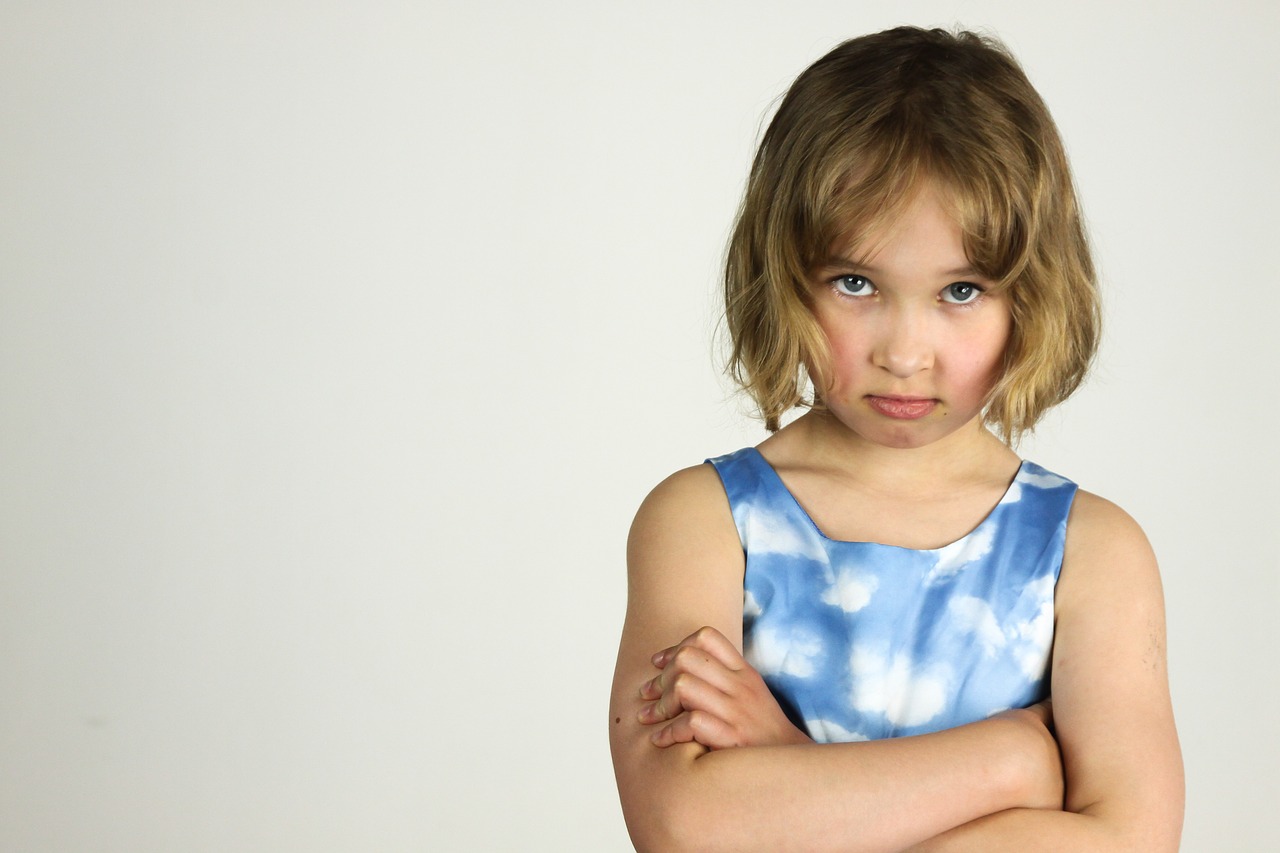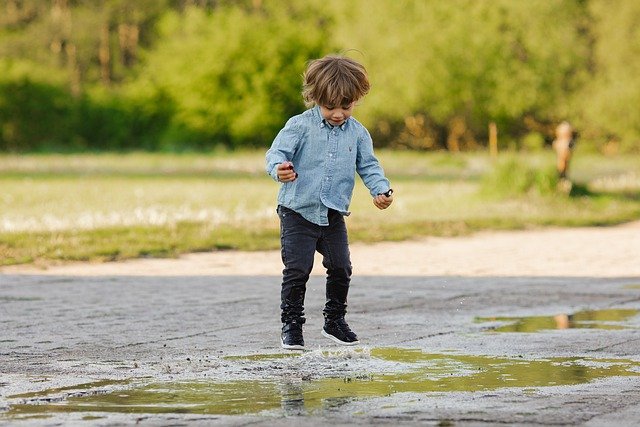There are a few ideas that get floated about when it comes to children that make us cringe. Perhaps the worst of all of these ideas is the one that can be paraphrased as “that child did something ‘bad’, so they are a bad kid”. When “that child” is our own, these labels can lead to feelings of guilt and even shame as a parent. But we will always tell you that “bad” is rarely an appropriate term when we consider the ages that we care for. Biting, name calling, tantrums, wagging a finger in someone’s face and similar behaviors are to be expected from young people exploring the world with a fresh set of eyes (and trying to understand their place within it).
As parents (and as adults in general), one of the best things we can do is forego labels of good and bad when it comes to children. Instead, we can focus on labeling the individual behaviors and choices being exhibited and remind ourselves that these are just instances of behavior. These are in no way predictors of what lies ahead for a child. We can choose to emphasize with our children the need to make good choices as well as recognize and control emotions that may lead children to behaviors that have negative consequences. Mistakes are going to be made and it is counterproductive to create a feeling in a child that each mistake robs them of the ability to be something truly wonderful in the long-run.
Let’s look at some examples of a couple common behaviors and try to understand more about their roots. We will also highlight some ways to stem them.
Biting is where we usually start when we look at “undesirable” behaviors. Over the last (way too many decades) we have been caring for children, biting stands head and shoulders above all other behaviors when it comes to others labeling a child (or, sadly, even a family) as bad. The behavior is of course undesirable and should be stemmed, but holding it against a child who doesn’t have the language or understanding to solve problems in a more appropriate fashion is a negative reflection on the one doing the judging – not the child. When we label biting as negative, we assume that it is being used in a defensive way, but that isn’t always the case. For extremely young children, sometimes it may stem from something as simple as a desire to explore with the sense of taste. If the biting does stem from a confrontation or a need to exert power – use a firm “no” or “biting hurts” to stop the behavior on the spot. Children in the younger age groups will not comprehend long explanations, but they will understand these short phrases. If the biting is exploratory or is used to soothe mouth pain, ensure there is an appropriate toy lying around that can be chewed on.
Biting is a good example of a negative behavior with younger children, but once a child is ready to move on from the toddler room, this is a behavior that will have largely disappeared. One behavior that arises about this age that can generate some unfortunate labeling is name calling. Pee-pee head, poo-poo face, stinky, and occasionally a phrase that reflects overhearing something inappropriate are all uttered in the primary ages at some point. Just as with biting, name calling can stem from different root causes. All manner of things can be funny to a four-year old and the creative use of some “off color” words may seem hilarious. This doesn’t of course stem the hurt feelings of the child the words are directed at. Much like biting, these words can also be used as a defense mechanism or a method of gaining power. As parents, it is appropriate to try to place the child in the shoes of the person their words were directed at. Long explanations of wrong and right will cause most three to six year olds to tune out, but a reminder that the person they called a name feels just as bad as they do when they are made fun of may resonate much more strongly. Thankfully in this age group these words are generally used for humorous rather than cruel reasons. Similarly, it is important to recognize the hurt feelings of the child who had bad names directed at them as this can help cement with them that the way they are feeling about those words being used is exactly how others will feel if they were to do the same thing.
Ultimately, we need to remind ourselves that children are both inexperienced and frequently without intention. In other words, sometimes they just do what comes to mind without any consideration at all. Far from being bad, they are simply new to the game of life. So our job is to help them build the skills that allow them to empathize with others as well as to pause and be reflective about behaviors BEFORE they actually exhibit them. This goes a long way toward building the adults we want our children to be.





